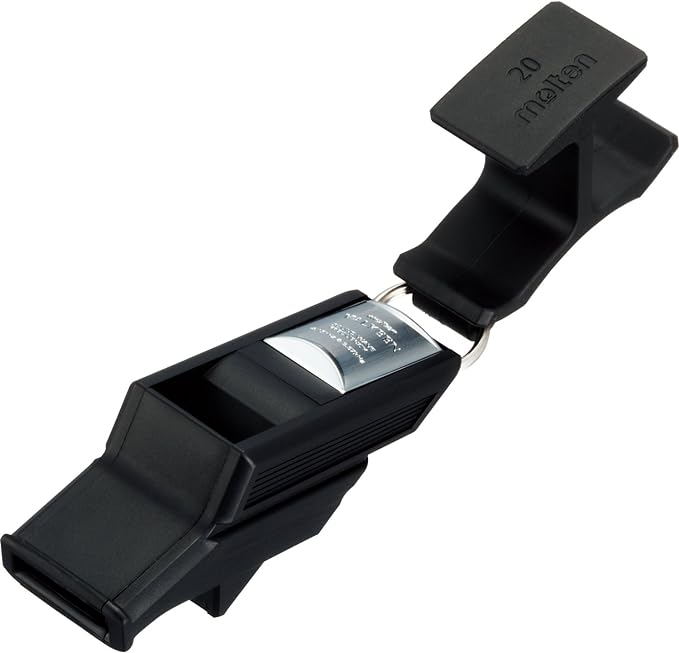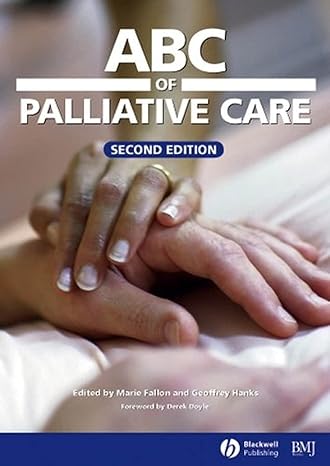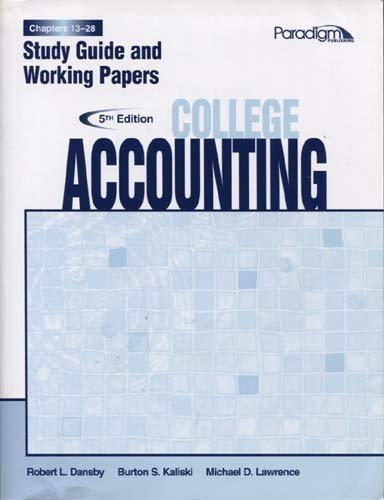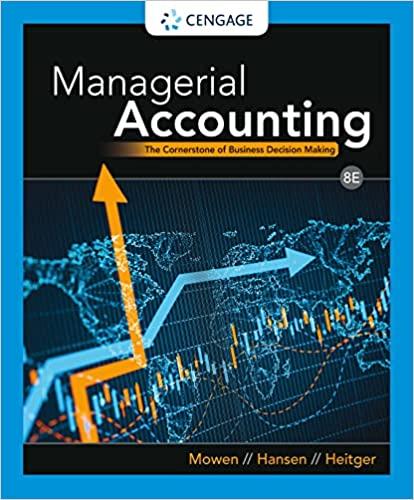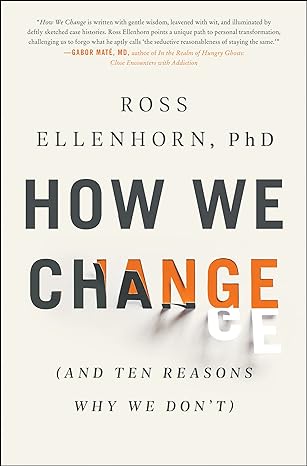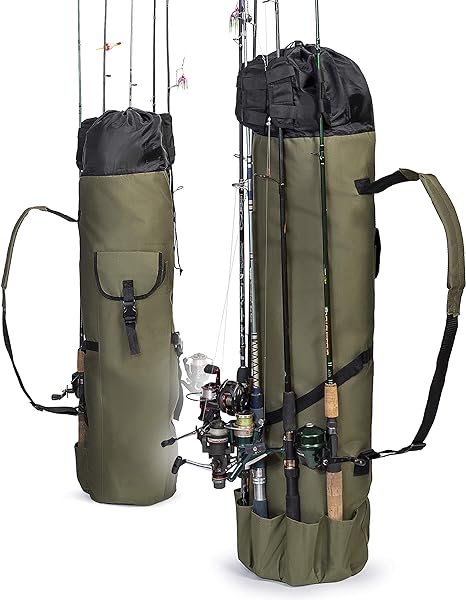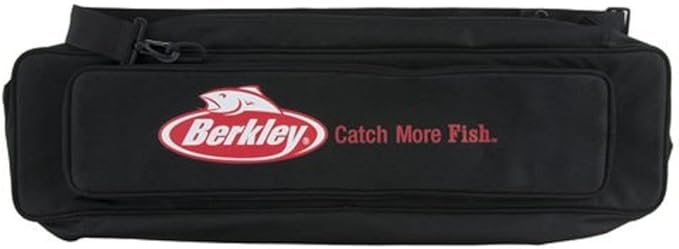Go back

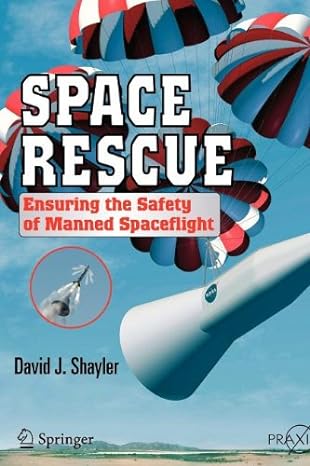
Space Rescue(1st Edition)
Authors:
David J Shayler

Cover Type:Hardcover
Condition:Used
In Stock
Include with your book
Free shipping: April 16, 2024Popular items with books
Access to 3 Million+ solutions
Free ✝
Ask 10 Questions from expert
200,000+ Expert answers
✝ 7 days-trial
Total Price:
$0
List Price: $31.99
Savings: $31.99(100%)
Book details
ISBN: 0387565175, 978-0387565170
Book publisher: Springer
Get your hands on the best-selling book Space Rescue 1st Edition for free. Feed your curiosity and let your imagination soar with the best stories coming out to you without hefty price tags. Browse SolutionInn to discover a treasure trove of fiction and non-fiction books where every page leads the reader to an undiscovered world. Start your literary adventure right away and also enjoy free shipping of these complimentary books to your door.
Space Rescue 1st Edition Summary: The lambda calculus was developed in the 1930s by Alonzo Church. The calculus turned out to be an interesting model of computation and became the prototype for untyped functional programming languages. Operational and denotational semantics for the calculus served as examples for other programming languages. In typed lambda calculi, lambda terms are classified according to their applicative behavior. In the 1960s it was discovered that the types of typed lambda calculi are in fact appearances of logical propositions. Thus there are two possible views of typed lambda calculi: - as models of computation, where terms are viewed as programs in a typed programming language; - as logical theories, where the types are viewed as propositions and the terms as proofs. The practical spin-off from these studies are: - functional programming languages which are mathematically more succinct than imperative programs; - systems for automated proof checking based on lambda caluli. This volume is the proceedings of TLCA '93, the first international conference on Typed Lambda Calculi and Applications, organized by the Department of Philosophy of Utrecht University. It includes 29 papers selected from 51 submissions.
Customers also bought these books
Frequently Bought Together
Top Reviews for Books
Xianying wu
( 5 )
"Delivery was considerably fast, and the book I received was in a good condition."


